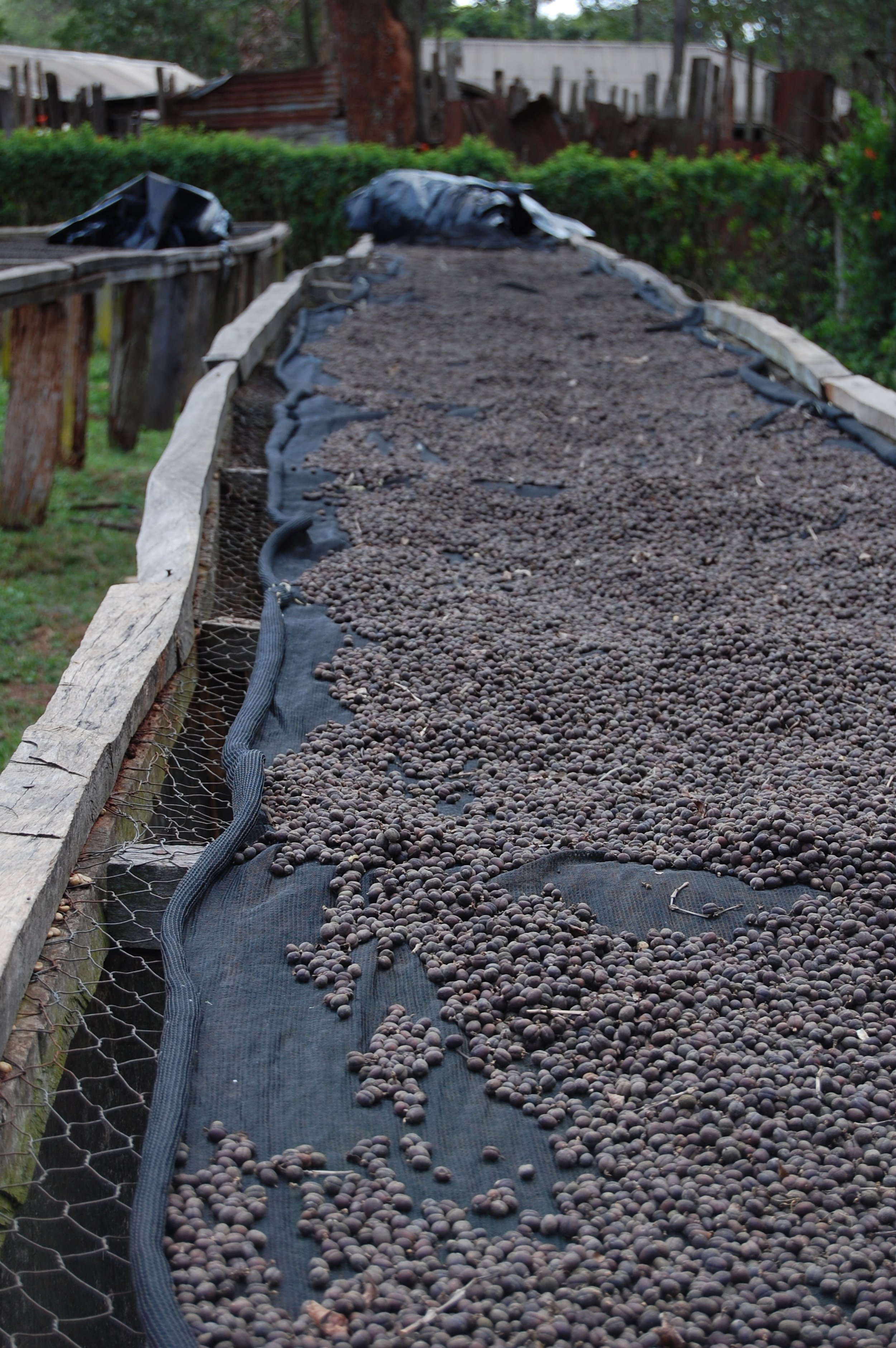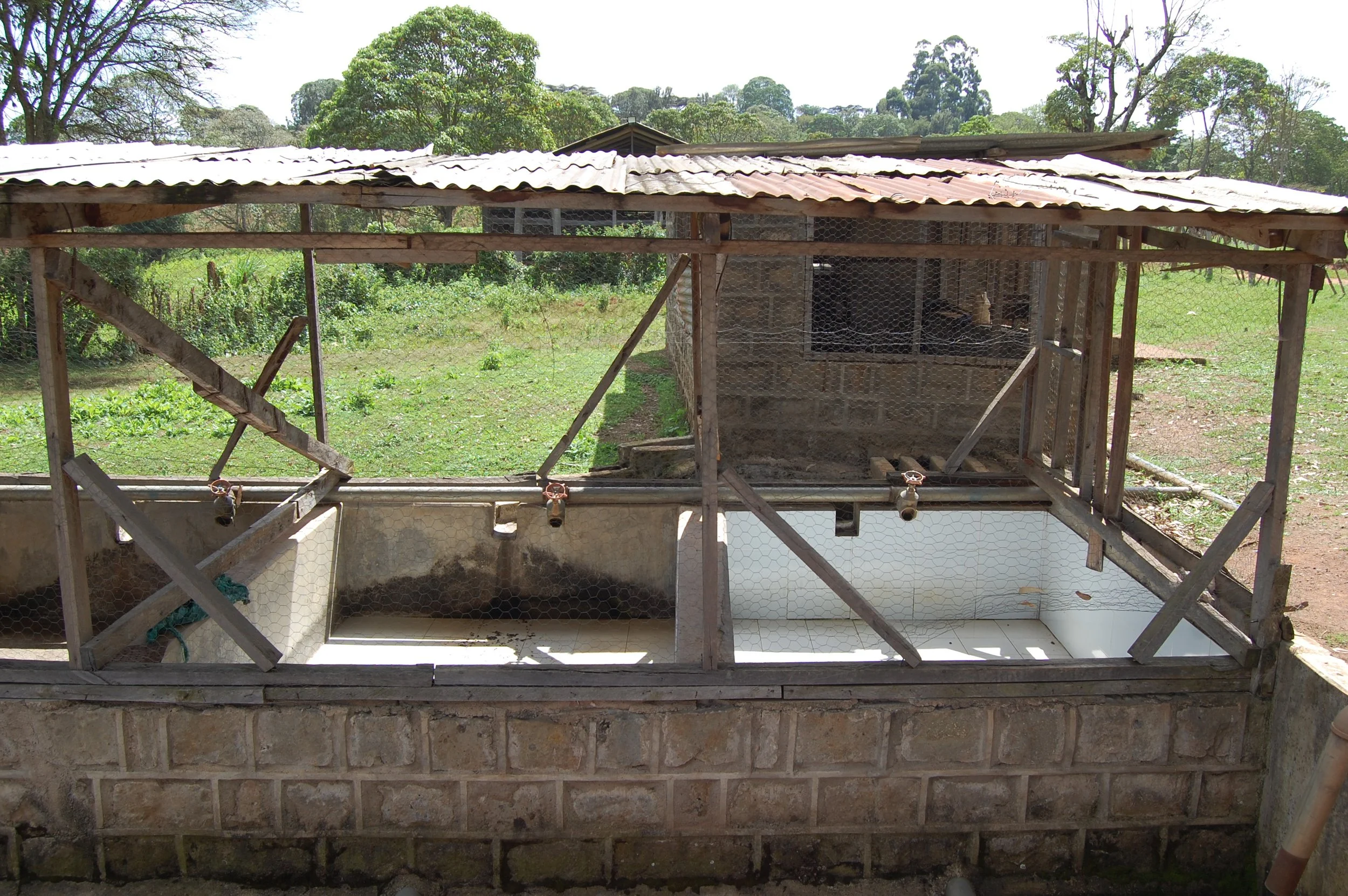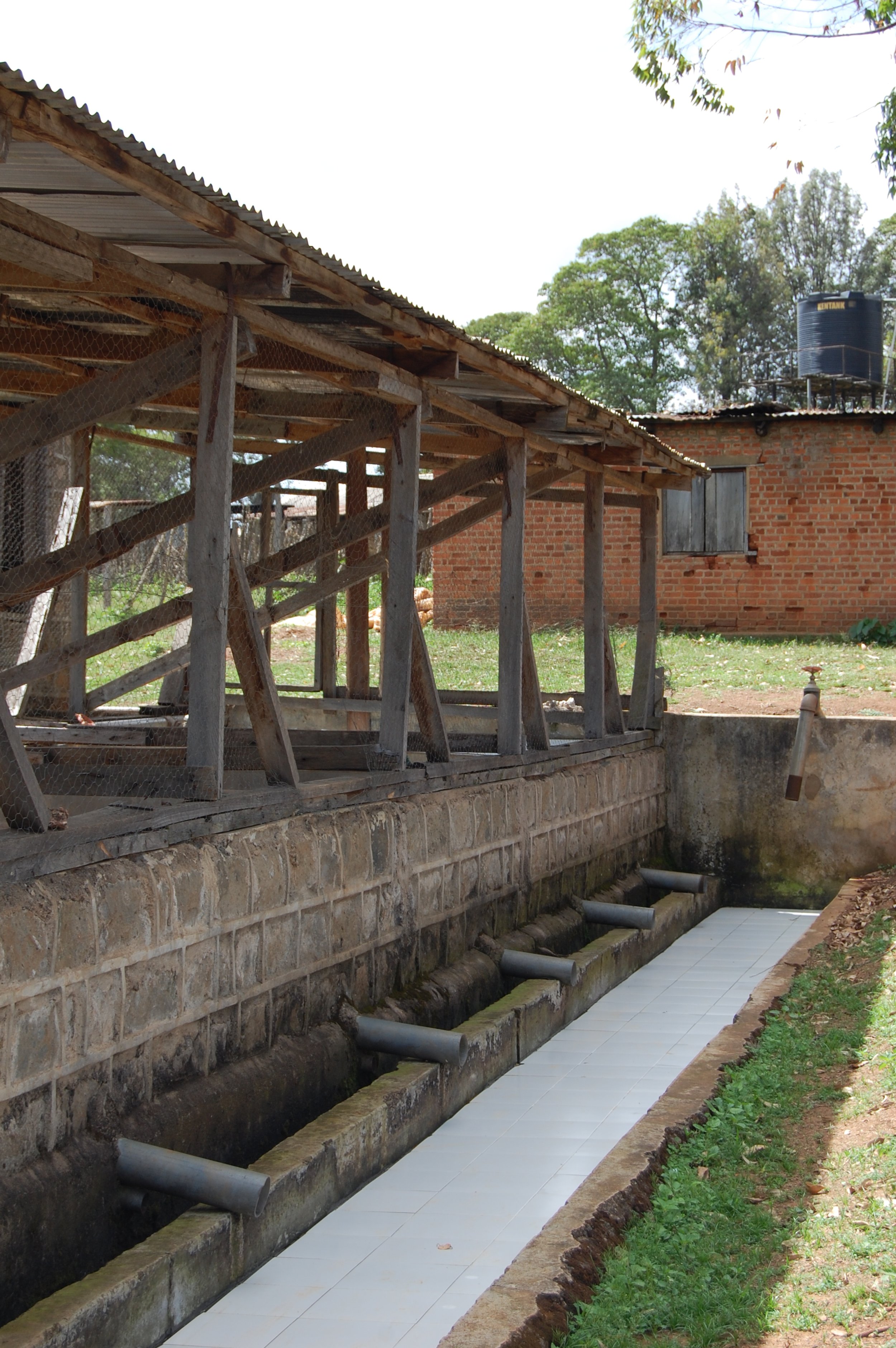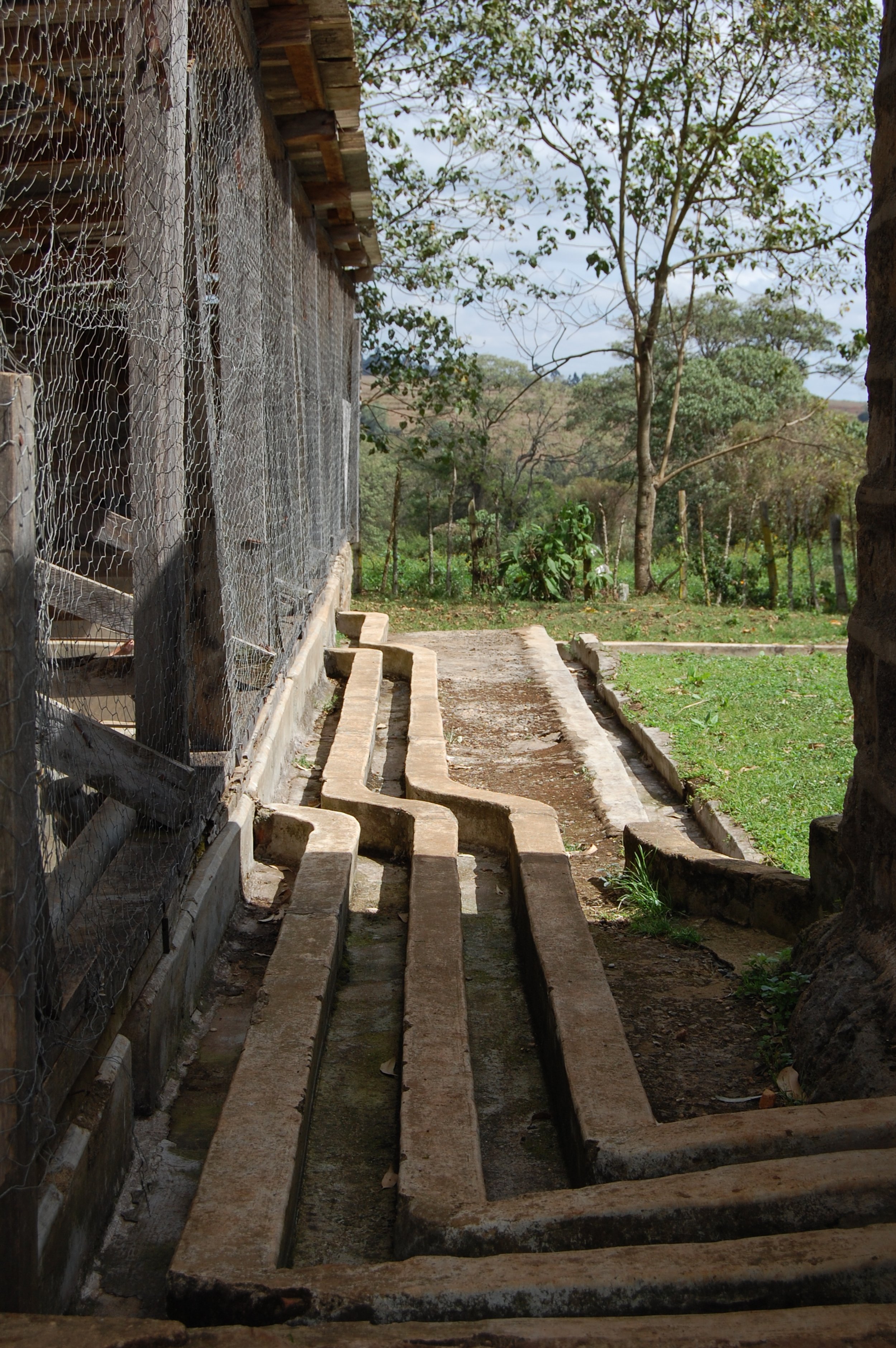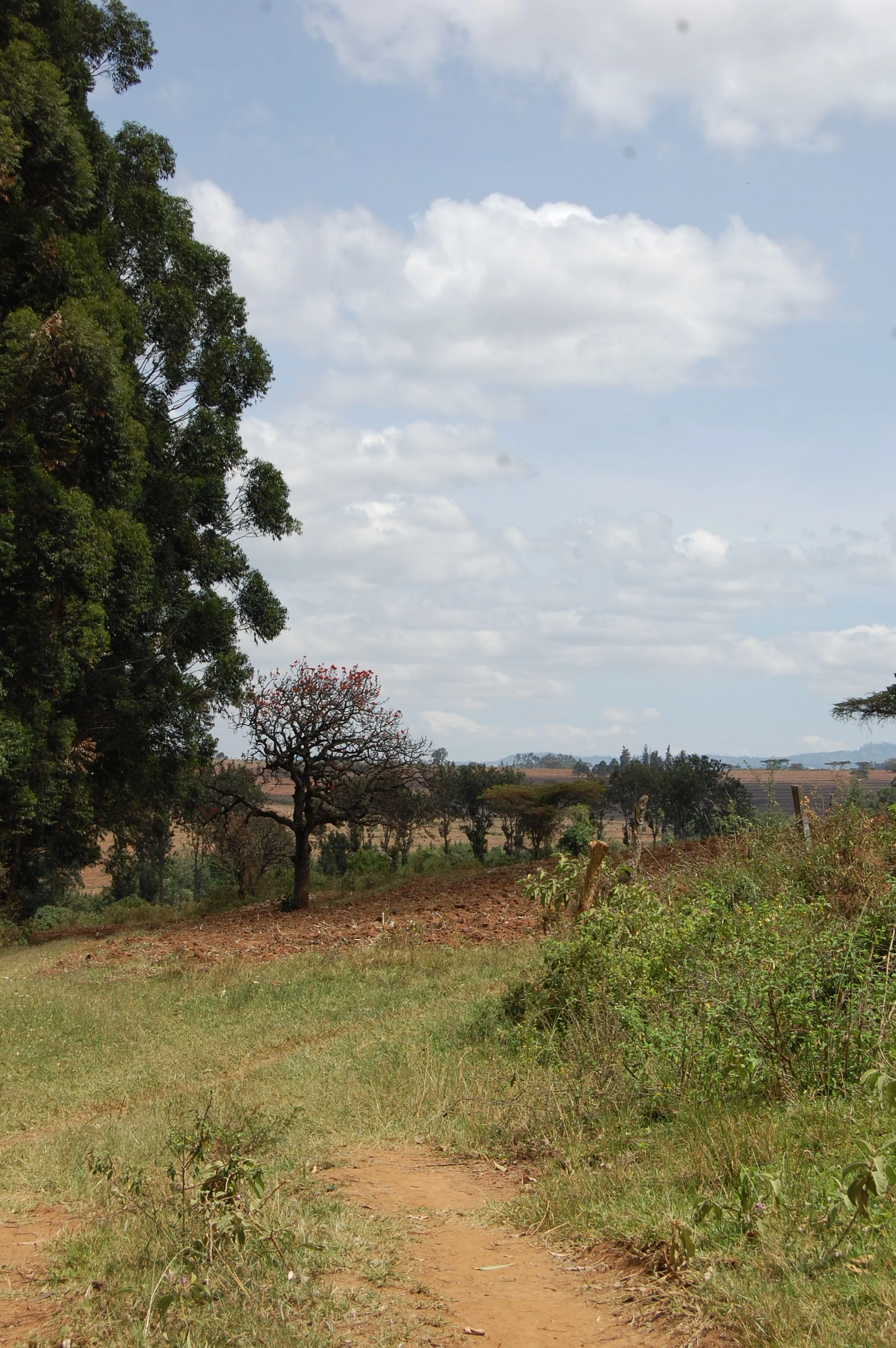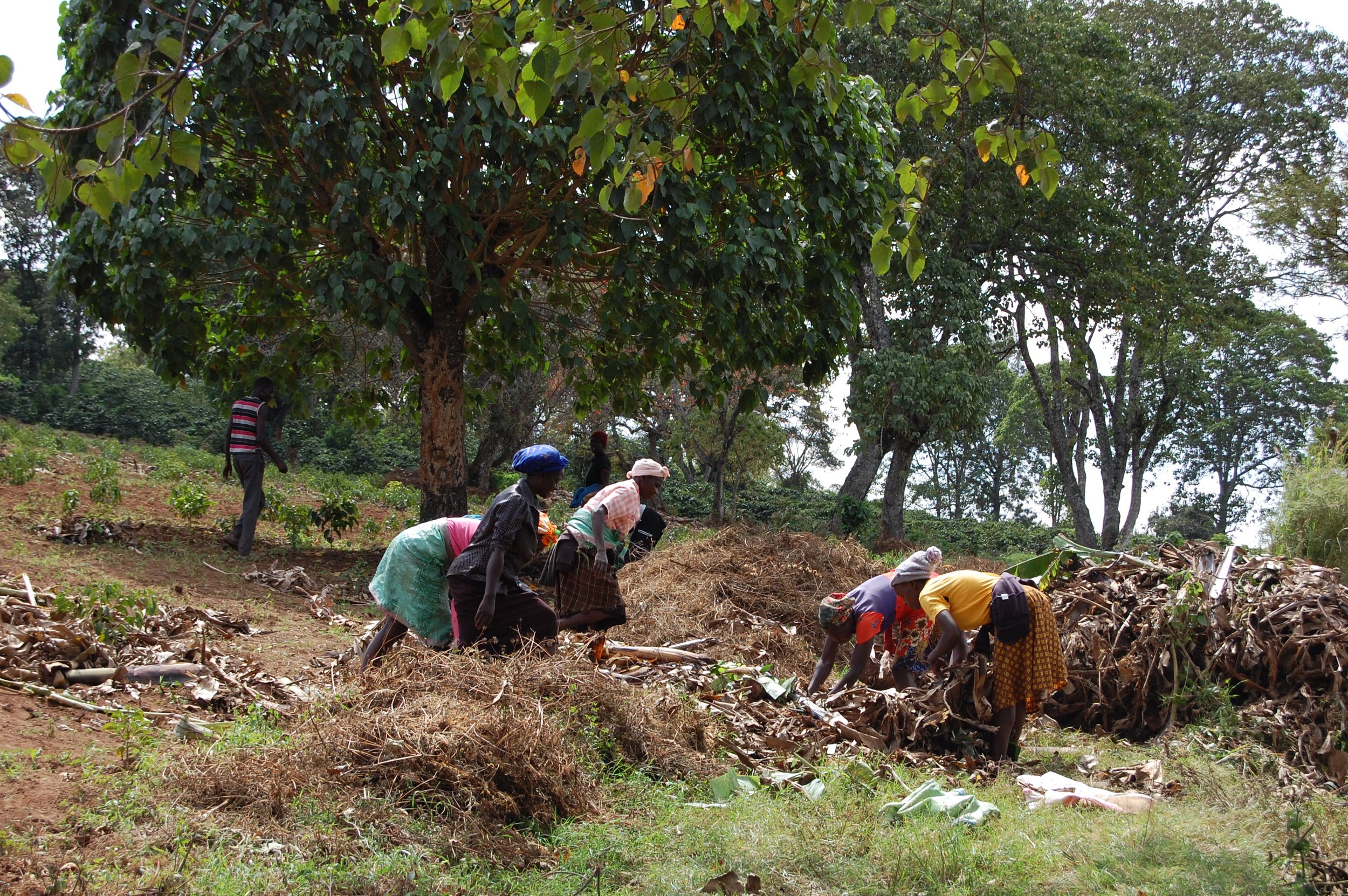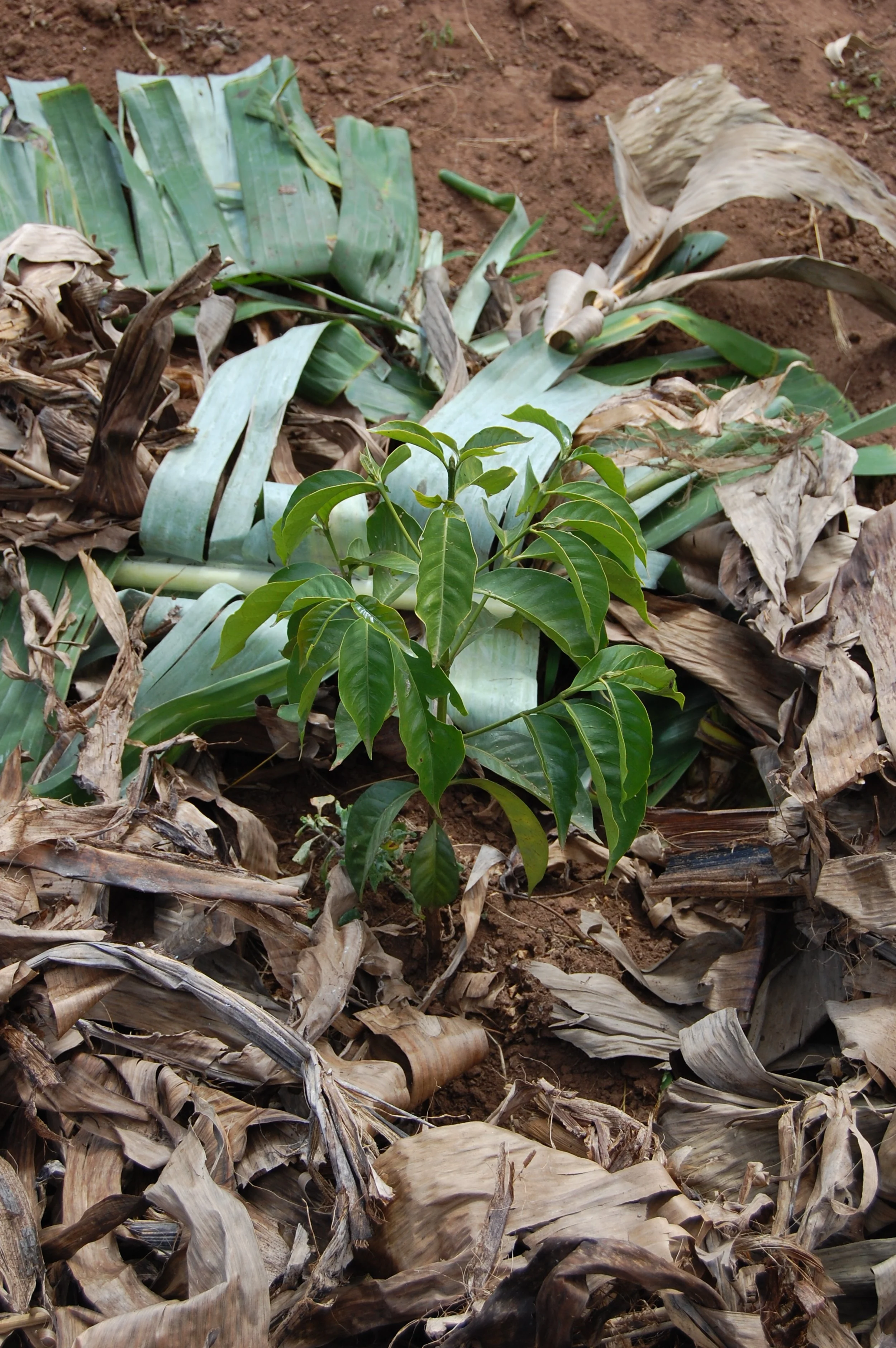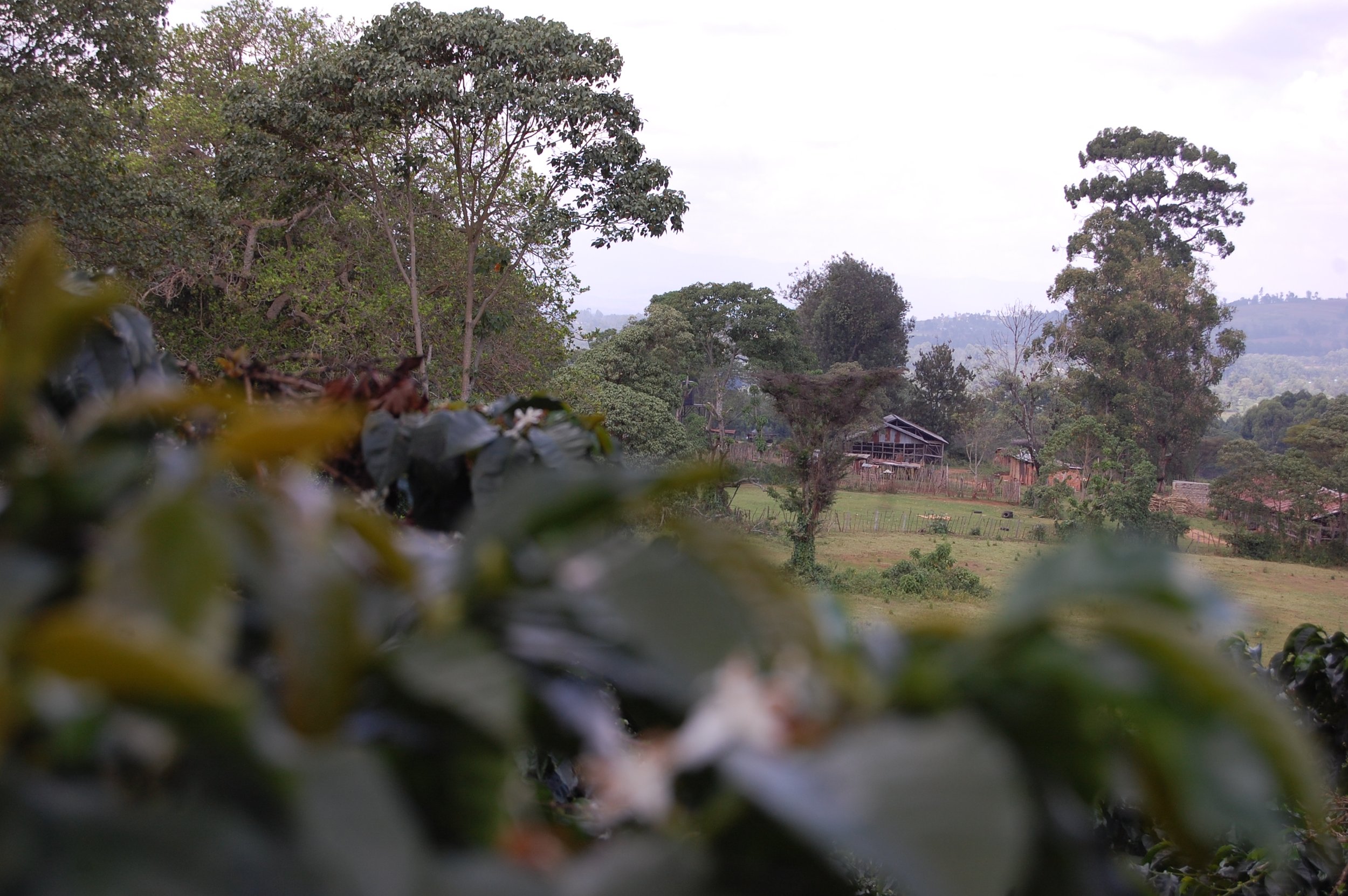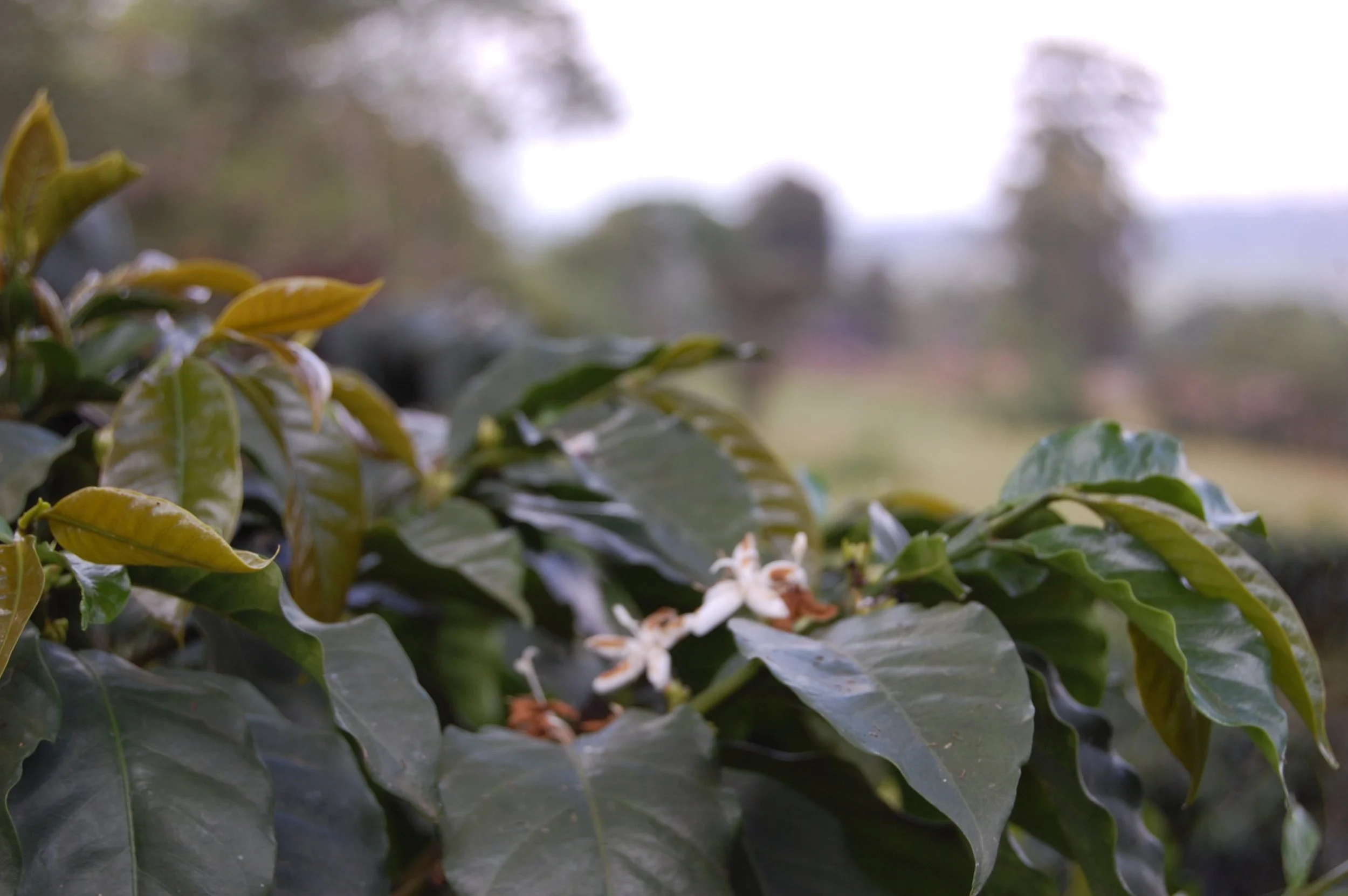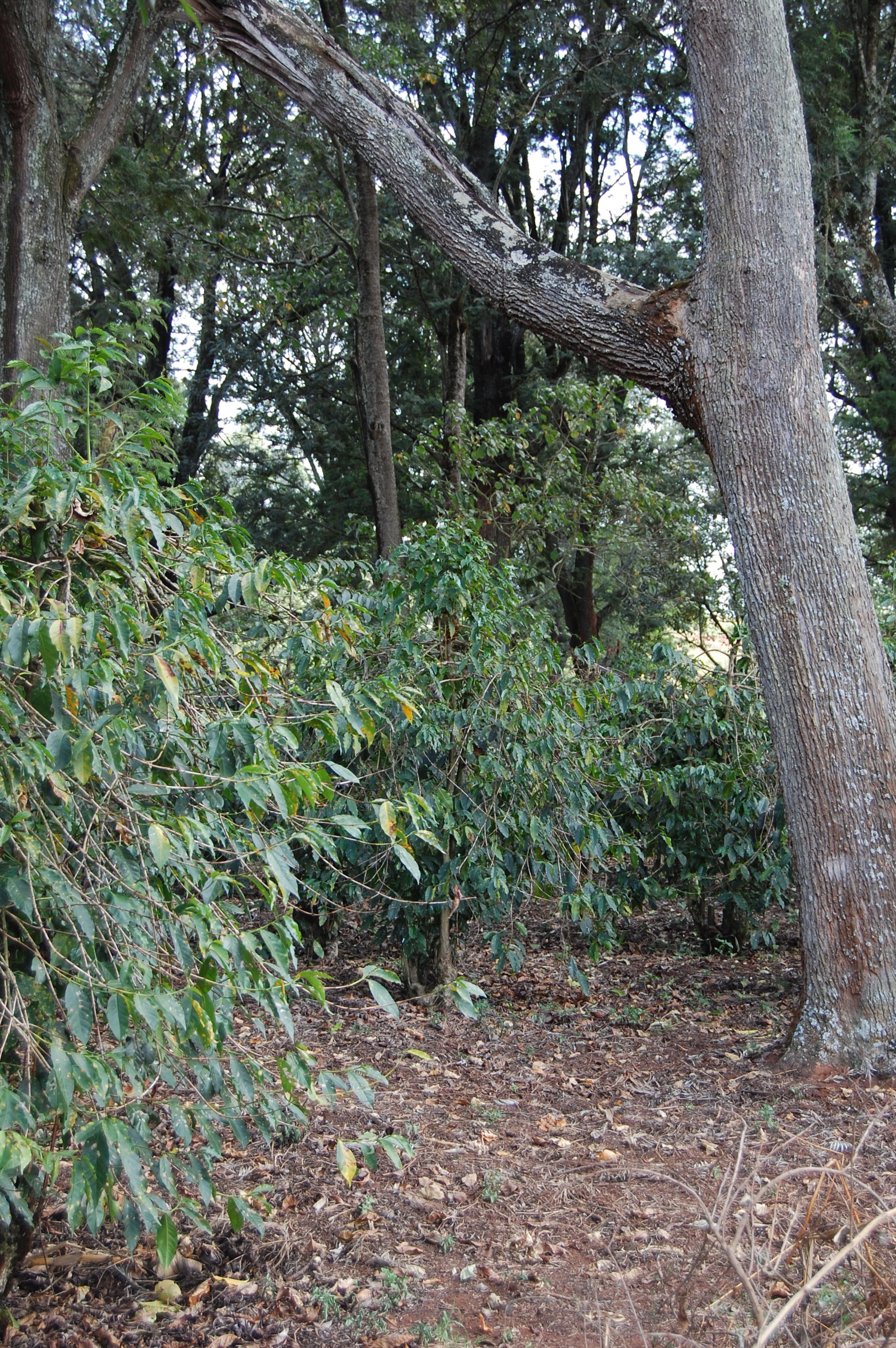REVIVING THE COFFEES THAT FLATLINED
In 2015 when Susan’s mother got sick, she had to return home from Nairobi to be with her. At that time she was studying and practicing medicine. Once she came back to Kitale, she was also looking for work and couldn’t find anything that she desired except taking care of her family farm. She had been a farm girl through and through growing up, although she wasn’t well versed with the technicalities, it was not anything new. Her mother’s passing made her want to start managing the farm and go from a doctor to becoming a farmer. They had a few coffee trees but were majorly growing maize and rearing cattle.
She also noticed that 2018 when she was taking charge of the farm, the prices they got for their coffees were really low perhaps even one-fourth of what they used to receive. She took a trip to export facility that milled her coffee only to understand the prices paid to coffee were quite low. Susan knew then she had to start doing a lot more and began visiting coffee research institutes to do courses, googling to acquire the collective wisdom on the internet. When her father went to visit Nairobi, Susan (secretly) went ahead and changed the entire cycle for some of trees located at an higher elevation. It was quite a gamble yet she really believed the way things needed to be done had to change.
The coffees had to be revived from being flatlined any further.
In 2020, the little stunt she pulled with changing the cycle of few trees worked in her favor. They could turn around the productivity, quality from those cherries were better, her father and community around her started taking her seriously. Being a colonial farm with a plot of land still holding trees that are more than 60 years old, Susan’s father had planted coffee trees in 1996 (when her little brother was born). They had always done things a certain way and it was rather hard for Susan to merely change minds by talking. By learning things about coffee and it’s need through different resources, Susan could comprehend in depth what her trees truly wanted. Having this clarity propelled Susan to making strides towards improving the farm’s productivity at steady pace. Chegge, her farm manager also joined her in this coffee journey roughly and has been helping her change the way coffee needs to be grown!
Now she has neighbours (especially old men) near and far treat hers as a model farm. They come to her for advise, ask her about farm management techniques, how to prune the coffee etc - and she “allows” them!!
It does take a woman to change the cycle!
CULTIVARS
Ruiru 11, SL28, Batian, (trees from colonial part of the farm identified to be blue mountain)
elevation
1800-2000 meters
NOTABLE
They have set up a community beehive for the women working at Susan’s farm to harvest honey and make some extra income at local market. They employ their workers year around to provide a stable income especially by giving opportunities to women in the community. They want to start experimenting with processing methods, naturals in particular for the upcoming year. Susan conducts soil tests to understand the composition of nutrients that needed to be added back to the soil. All their fertilizer comes from sheep and cow they rear. Currently for Susan, her soil is rich in nitrogen so she uses supplements to balance for the rest of the composition.
PROCESSING
Fully Washed : Red coffee cherries are hand picked and pulped there after. They are dry fermented for 24 hours, washed thoroughly and taken to the drying beds. Depending on weather, coffees are dried between 14-28 days. They are also sorted by hand for any kind of damages during the processing.
TASTIFY™ CUPPING NOTES
2024 LANDED SAMPLES
Susan single farmer lot - washed aa.
-
The price you pay for Samwa coffees p/kg. We agreed on this price directly with the farmers, disregarding the volatile US Coffee C price.
-
Since 2024 the new regulations in Kenya, coffee moves differently through the value chain. Here farmgate refers to the FOT contract Sakami farmers have received for their produce that also includes freight charges to drive it to the milling facility. The representative pie chart is for the washed AA coffees. This price covers farm gate and other costs farmers have incurred until dry parchment stage
-
The coffee is then taken to the milling facility where farmers are charged for the milling, bagging them in grain pro. Additionally an export supervision fee is included in this category to capture the reality of having our partner Stean in cooperation with our farmers oversee the milling process. A standard fee that is split across the entire volume is added to the exporting costs.
-
International shipping from Mombasa, Kenya to Rotterdam, Netherlands. It is inclusive of freight, customs, insurance and warehousing costs.
-
Average financing cost owed to (mostly social) lenders. This ensures immediate payment to the farmers when the coffee leaves the farm or port.
-
A standard TSU premium on all coffees designated exclusively to accelerate farmers’ own regenerative agriculture project..Read more about the regenerative projects done by Susan here. (Link coming soon).
-
This Side Up compensation for spending time and resources importing this coffee. Our work includes year-round contact with producers, managing export, shipping, import, warehousing, grading, sampling, finding and keeping roasting partners for Sakami. € 1,65 is This Side Up’s Model 1 markup. For a full overview of our modular margin construction, see the Trade https://thissideup.coffee/sixwaysModels page
Contact susan mwihaki
Susan is available through email and telephone and has an active instagram channel.
EMAIL suemwikaki24.sm@gmail.com / samwakenyalimited@gmail.com
TEL +254726908049
Photo gallery
You may use these photos freely to promote Susan’s coffee amongst your customers.





